I have just inherited a very large code base of probably around 100 activities. It seems the past developers didn't understand how to only update adapter data on the UI thread and remember to notify that the data set changed. In bugsense I have many stack traces such as this pointing out that it is causing a crash.
The problem is the stacktrace is all OS level and doesn't actually point to what caused the issue. Is there any systematic way to go about finding these issues that anyone knows about? I know I can fix them by manually inspecting all adapter usage in the entire code base but that is not really an effective use of time and I want to get this fixed.
java.lang.IllegalStateException: The content of the adapter has changed but ListView did not receive a notification. Make sure the content of your adapter is not modified from a background thread, but only from the UI thread. [in ListView(16908298, class android.widget.ListView) with Adapter(class android.widget.HeaderViewListAdapter)]
